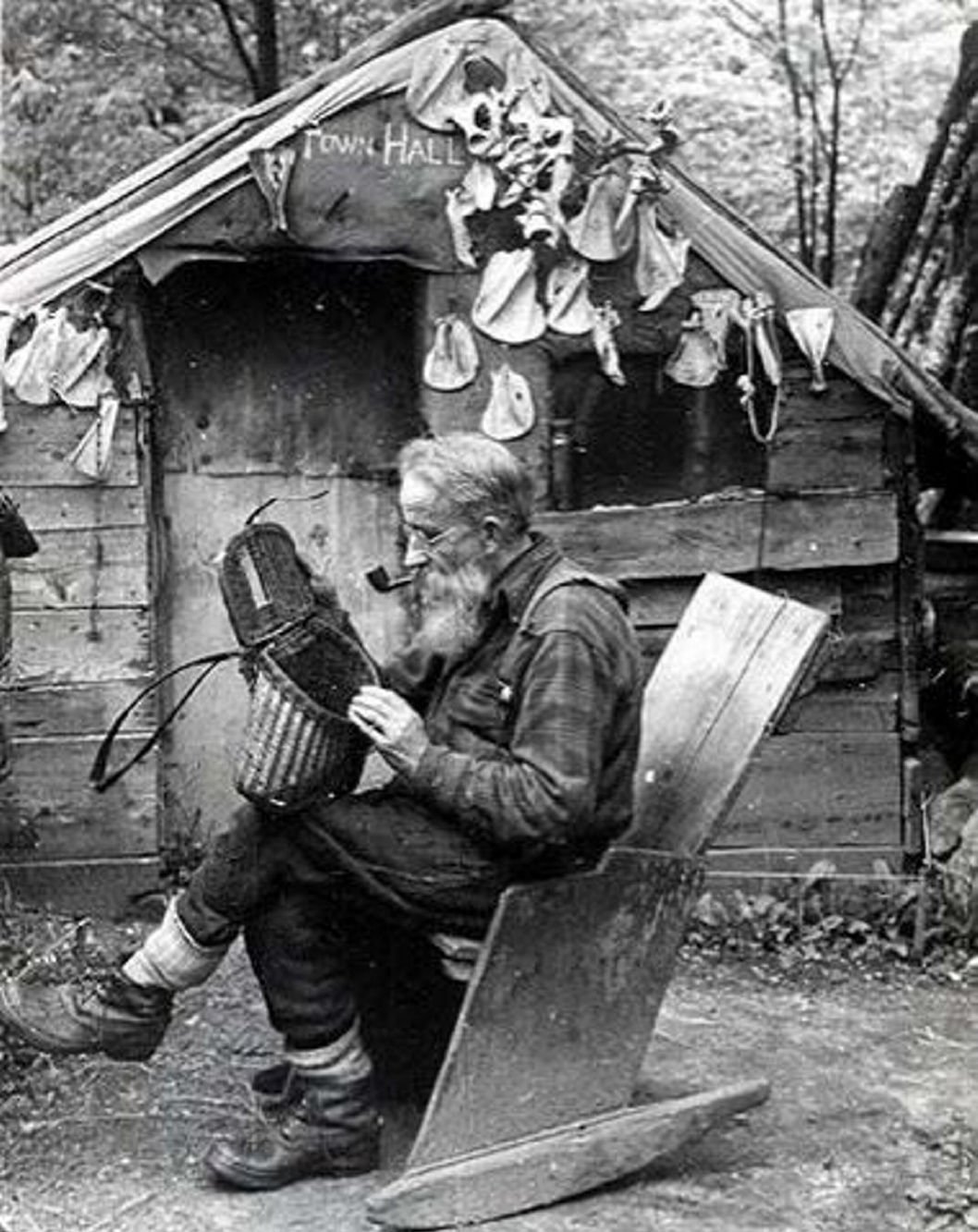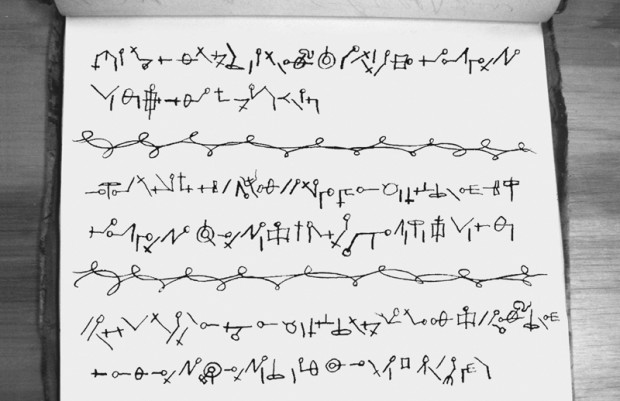Noah John Rondeau was born on July 5th, 1883 and spent his early life in the northwestern Adirondack hamlet of Au Sable Forks. A rough home life characterized by poverty and an abusive father caused him to run away from home with nothing more than an eighth-grade education. Despite this, he had a thirst for knowledge and was a very well-read man. He even would play the violin for visitors to his hermitage, which he self titled the “Town Hall of Cold River City”. It seems Rondeau wasn’t an extreme rebel to society, so why did he choose such a solitary lifestyle?

(https://www.nny360.com/artsandlife/localhistory/noah-john-rondeau-spent-his-life-in-the-woods/article_d78dc1e5-9943-53d5-9b33-28f0571f65e6.html)
After working as a barber in Lake Placid, he moved to Corey’s, a remote hamlet on the Racquette River. While staying there, he was taught how to live in the woods, a preview to the many years in the same isolated forest that he would call his “city” for 21 years. He became a guide for hunters and visitors in the western high peaks, and while doing this, staked out his camp on the Cold River that became his home in 1929. Word traveled of the hermit living on Cold River and he would often have visitors once he started living year round at his hermitage and would still provide guiding services to those who found themselves at the self-proclaimed “Cold River City”.
In his time spent at “Cold River City”, he develop a sort of code that he would use to write some of his daily records in during his stay. This code failed to be solved for decades, until a student at Syracuse managed to crack it in an incredible 22 hours. The code was based off of directions on a compass, astrological symbols, as well as other meaningless symbols. Rondeau’s cryptic writings add to his very interesting, yet mysterious stay deep in the Adirondacks.

(https://poststar.com/lifestyles/the-hermits-code/article_cc6ddfa7-3afe-5205-8312-58e4b2bd0f9e.html)
Rondeau’s choice to be a hermit has, of course, been questioned by many, although he did not live in solidarity for some transcendentalist purpose, like Thoreau once did at Walden Pond. When asked upon the subject, he tends to allot his stay to the economics of the era. It’s no secret that the 1930’s were dominated by Great Depression, so his choice to live an isolated life may have been relatively rewarding given the time. It seems that the era in which he lived in and his love for the wilderness motivated him to live in the life he did. He managed to live a satisfying, solitary life at his hermitage until he was forced to move out following a major blowdown due to a hurricane. He may not have dedicated his life to his solitary ways, but his lore is forever secured in the storybook of the Adirondacks.
https://www.behancommunications.com/behan-blog/noah-john-rondeau-famous-hermit-adirondacks
https://www.lakeplacidhistory.com/noah-john-rondeau-collection/

I appreciate that you chose to examine the story of one individual in the Park. His story poses an ethical dilemma of hermitage in general, specifically on public lands, and it can be applied to many broader themes of the Park. One could argue that Rondeau’s lifestyle was inappropriate because he took advantage of a public good without contributing to it financially in the form of taxes. It can also be argued that Rondeau’s lifestyle was admirable and sustainable. I would be interested to hear whether or not Rondeau owned the land he inhabited and whether or not he paid taxes to the state to help preserve the Park.